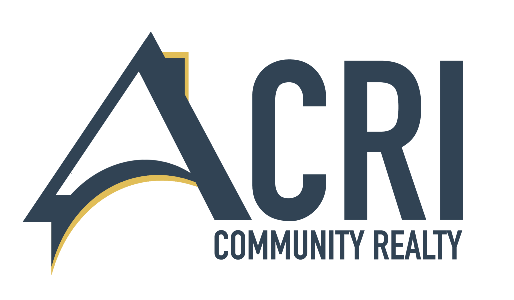4 Key Ways to Help Homeowner Associations Succeed
-
Leadership:
“Residents who assume positions of responsibility as officers and directors of homeowner associations will be the key to its success or the catalyst for its failure.” ~Peter M. Dunbar, Esquire, sponsor/co-sponsor of most major laws affecting homeowner associations in Florida during his decade of service in the Florida Legislature.
Virtually every homeowner association board is made up of volunteers. Many have little or no training in the administration of a homeowner organization. A lot of them are just like everyone else and they too have busy lifestyles. The majority of volunteers often must deal with making tough choices in support of the association in the face of a neighbor’s criticism. Ultimately, management is vital!
In addition to leadership, there are 2 keys to success that are also crucial.
-
Education and Learning:
The more that developers, boards, and also community residents learn about efficient leadership, governance, and efficient practices; the greater the chance that the association will do well.
Regrettably, our sense of neighborhood is restricted to only just recognizing our neighbors. Effective organizations work together. In a successful association, residents offer their time to serve on boards as well as committees when needed.
Social events are designed to bring individuals together and foster understanding. This is especially important in our diverse culture. The board should include community members in issues and identify different perspectives. At a minimum, residents have an obligation to participate in the annual meeting.
Leadership and teamwork go together.
-
Stay up to day on laws:
Homeowner associations are a fairly new sensation. Over 73% were only established in the last 20 years and – the majority (52%) were integrated in just the last 10 years. In some states, the legal procedure has kept up. In most states though, the legislation differs extensively. For a successful association, it is necessary to stay vigilant on legislation that your state might pass.








